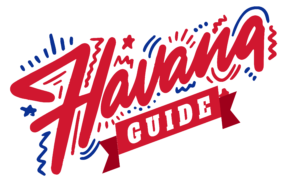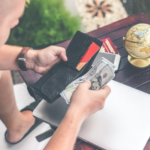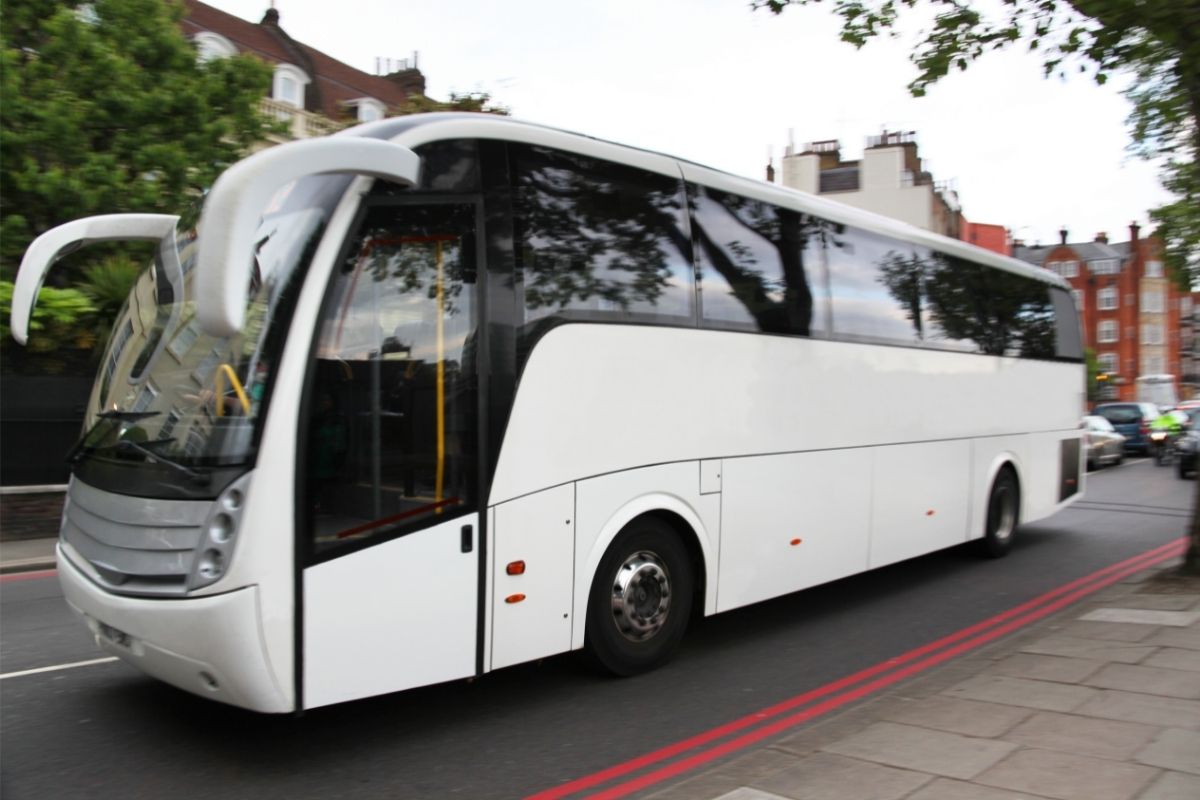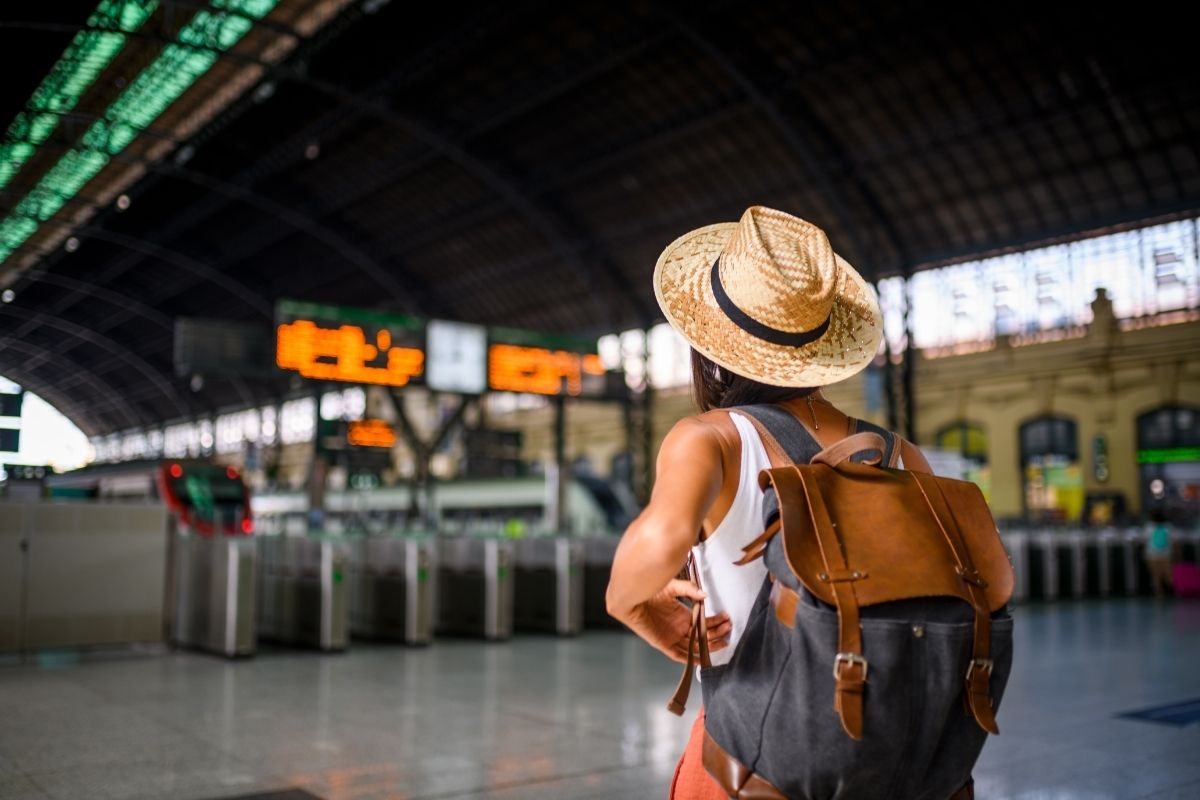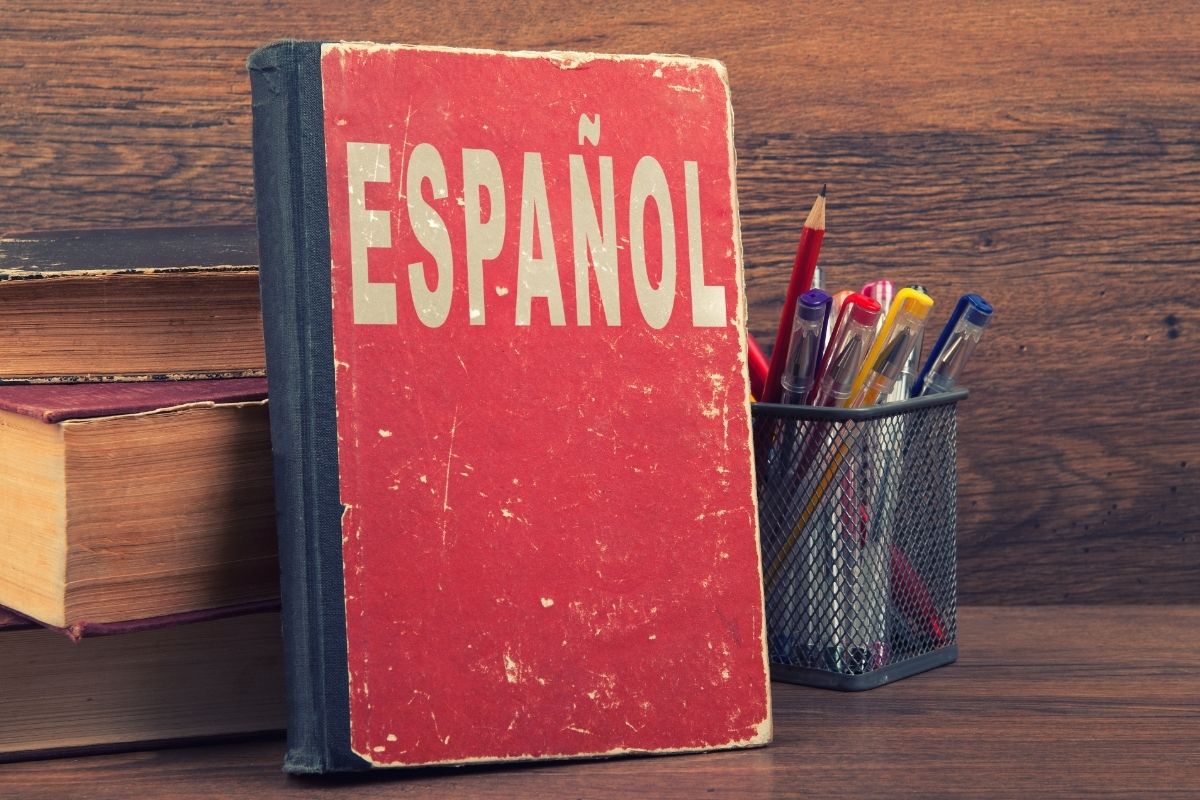Before visiting any country, it is essential to familiarize yourself with the culture and way of life. The last thing you want to do is offend someone by acting in a manner that is frowned upon.
To give you a helping hand, we have put together some top etiquette tips for visiting Cuba so that you can fit in seamlessly with the locals during your vacation.
Should you tip? If so, how much?
It is always important to find out about gratuities before visiting a country. Service charges are becoming much more commonplace in places like Havana and other tourist spots. This includes both private restaurants and state restaurants, where you will find that a 10 percent service charge is pretty standard.
Whether you want to leave a bigger tip than this is up to you. It, of course, depends on the service you have received. The same goes when tipping bus drivers, taxi drivers, restaurant staff, hotel staff, and tour guides. The latter tend to be incredibly helpful, advising on things to do and see, and you may feel you want to tip them for their help but don’t feel obliged.
Bartering while shopping
You can barter for pretty much anything in Cuba, except meals. It is not mandatory to barter, but it is certainly common practice.
A lot of products in Cuba are offered at such a low price that haggling may seem a bit unnecessary.
Rum and cigars are two of the most popular items in Cuba. Make sure you pay attention to custom laws and do not exceed the import limits by trying to sneak in an extra bottle of rum.
Dining in Cuba
While dining in Cuba, the best thing to do is take cues from your host. If you are dining with others, wait until your host has begun eating before you do so.
While eating, use your left hand for your fork and your right hand for your knife. Don’t switch hands. You should also pass dishes to the left when sharing.
If you are taking a break from eating, rest your wrists on the table.
If you need the waiter’s attention, do not wave your arms or call for them. This is deemed rude. Instead, make eye contact to get the waiter to your table.
Clothing etiquette
Boasting a humid, tropical Caribbean climate, it probably does not come as any surprise to learn that the dress code in Cuba is pretty casual.
Generally, Cubans dress per the climate, yet they don’t tend to be overly provocative.
A little bit of common courtesy is always appreciated. If you are in a restaurant, remove your baseball cap, for instance.
Greetings and conversations in Cuba
Next on our list of etiquette tips for visiting Cuba, we’re going to look at how best to interact with locals and what sort of conversations you should avoid.
Saying “hello” in the local language will be greatly appreciated. Later in the post, we will tell you some Cuban phrases to learn before your vacation. It is also customary to greet females with a kiss on the cheek and males with a handshake.
Cubans tend to be very open with their emotions. So, don’t be surprised if you see couples putting on a public display of affection.
One thing we don’t recommend discussing with locals is politics. It is not a good idea to ask about politics in the country or to share your views on the government and the country’s leaders, as this can come across as offensive.
Is it safe to visit Cuba as an LGBT+ traveler?
In the past, LGBT+ travelers may have been worried about heading to somewhere like Cuba, which has historically been very anti-gay. However, times are very much changing. A lot of this has to do with Mariela, the daughter of former President Raúl Castro.
She has been incredibly active in creating tolerance and awareness, with a National Centre for Sex Education established. Now, those working in hospitality and the younger generations, in particular, are much more open to LGBT+ travelers, and activism is undoubtedly increasing.
Learning a little bit of the language while in Cuba
Our etiquette tips for visiting Cuba would not be complete without mentioning the language. After all, no matter where in the world you are, if you can say a few words in the local’s mother tongue, you will undoubtedly create a positive impression.
In Cuba, the native tongue is Spanish. Cuban Spanish, often referred to as Cubano, is spoken by 11 million native speakers.
Although there are no local dialects, the diverse ethnic groups across the island have influenced speech patterns. For example, Africans have enriched the Cuban vocabulary, adding rhythmic intonation and a soft accent that distinguishes modern Cuban speech.
Here are some phrases that are good to know while in Cuba:
- Hello – Hola
- Thank you – Gracias
- Where is ____? – Dónde está ______ ?
- Sorry – Lo siento
- Please – Por favor
- I don’t speak Spanish – No hablo español
- Do you speak English? – Hablas inglés?
- Excuse me – Perdon
- Yes – Si
- No – No
- Goodbye – Adiós
The etiquette tips you need for visiting Cuba
So there you have it: our top etiquette tips for visiting Cuba. Whether you are heading to Havana or one of the lesser-known tourist spots, the advice we have provided above will help you have the best experience and interact positively with the locals.
- The Art of Cuban Poster Design: History, Techniques, and Cultural Significance - May 23, 2023
- Taking A Vintage Car Tour In Havana - May 23, 2023
- Top 5 Cuban Revolutionary Sites - May 23, 2023
